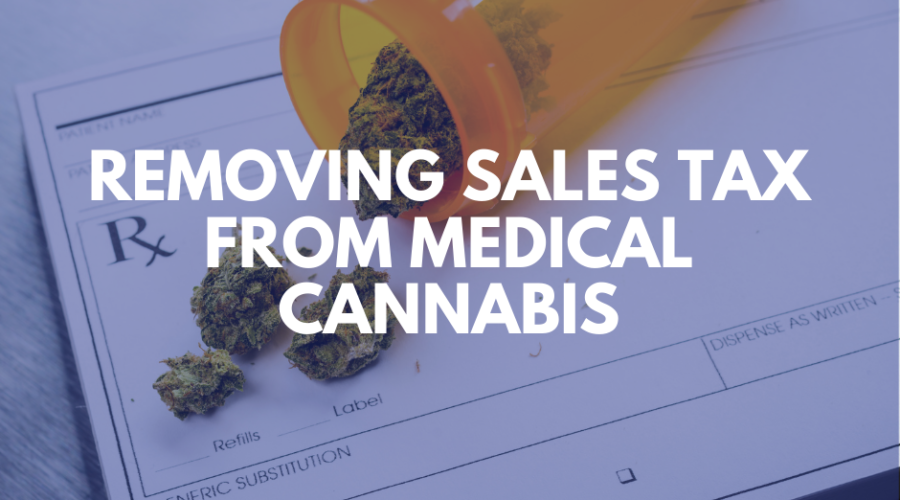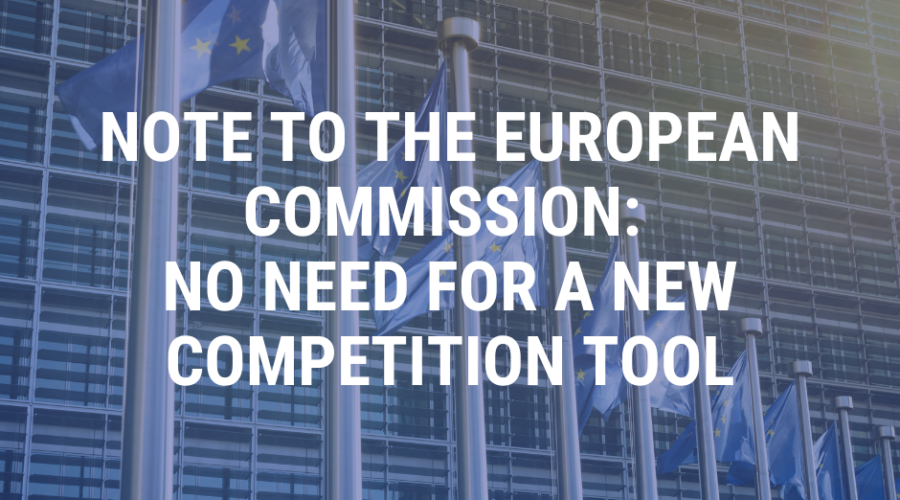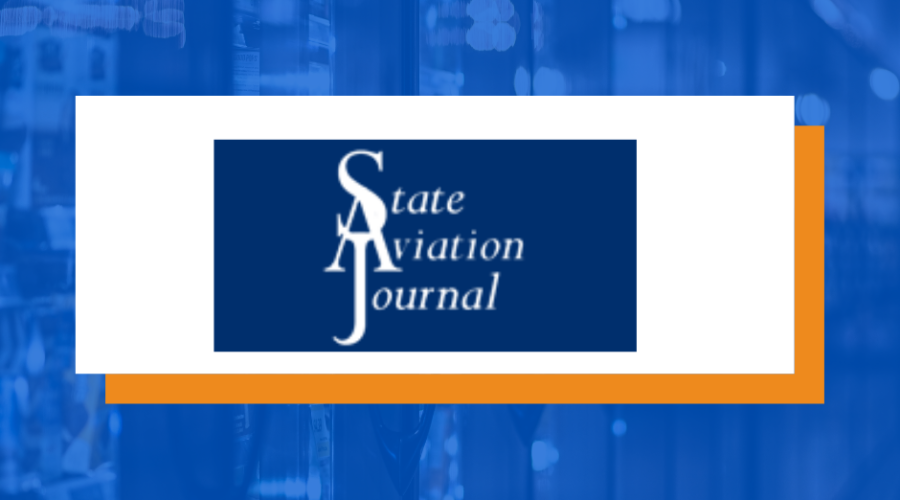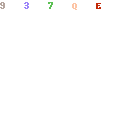Implementing Virtual Affidavits
Manitoba’s Law Reform Commission Recommends Implementing Virtual Affidavits
After working closely with the Attorney General’s office in Ontario to bring forward virtual commissioning of legal documents via tele-conference, the CCC’s David Clement was asked to consult with Manitoba’s Law Reform Commission.
Specifically, Manitoba was looking for guidance on how they could modernize their legal system and enact similar changes.
On August 31st, the Law Reform Commission released their report, where they made the suggestion that Manitoba should in fact move forward with modernizing their legal system by allowing affidavits to be taken virtually via video-conference.
The Commission acknowledged the CCC in the following way:
The Commission gratefully acknowledges the following individuals for providing valuable feedback on this project: David Clement, North American Affairs Manager- Consumer Choice Center
The Commission officially made the following recommendation:
The Commission recommends that section 64(1) of The Manitoba Evidence Act be amended to remove the requirement that an oath, affirmation or statutory declaration be taken only in the presence of a person and to enable affidavits to be taken remotely using video-conferencing technology. (p 15)












